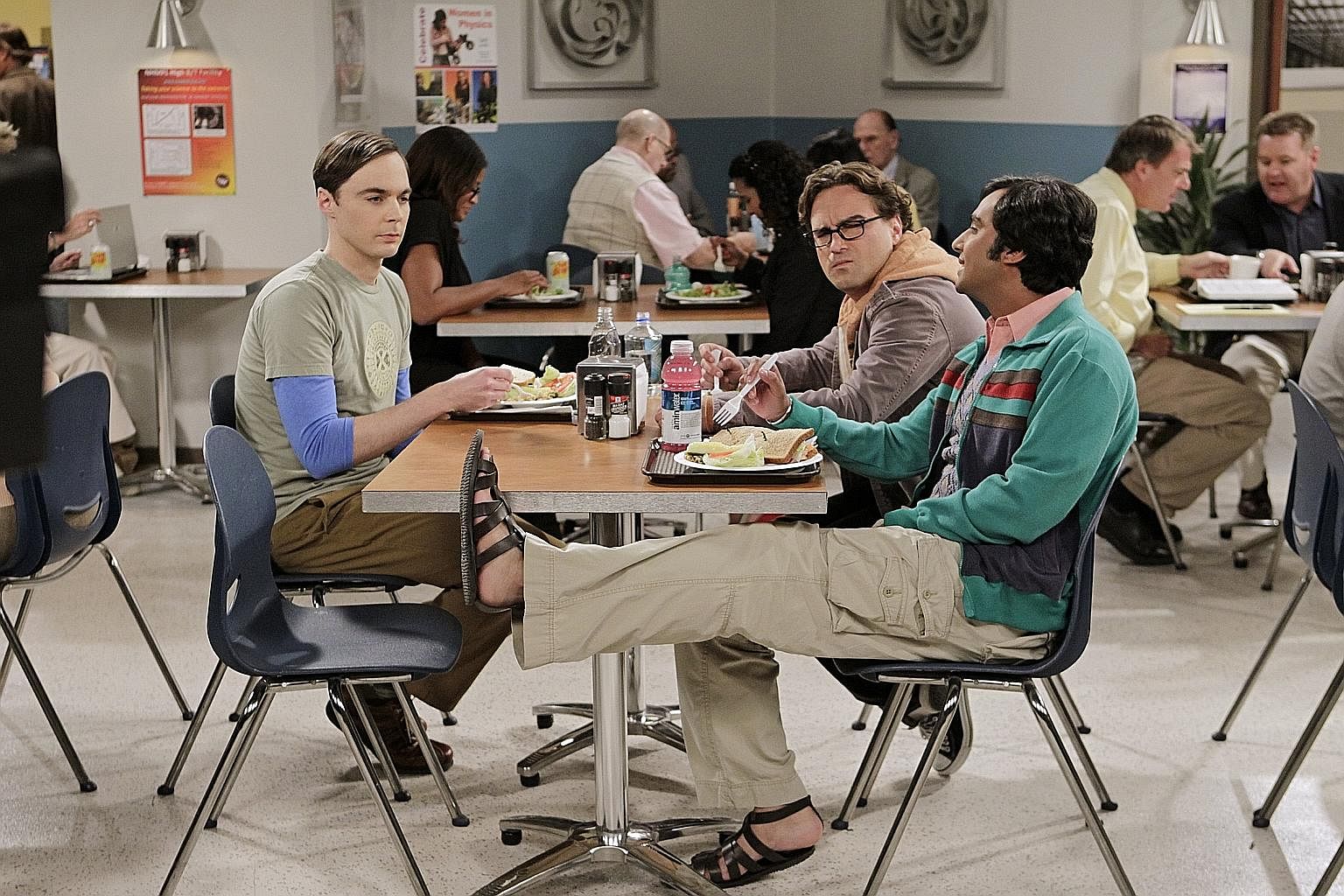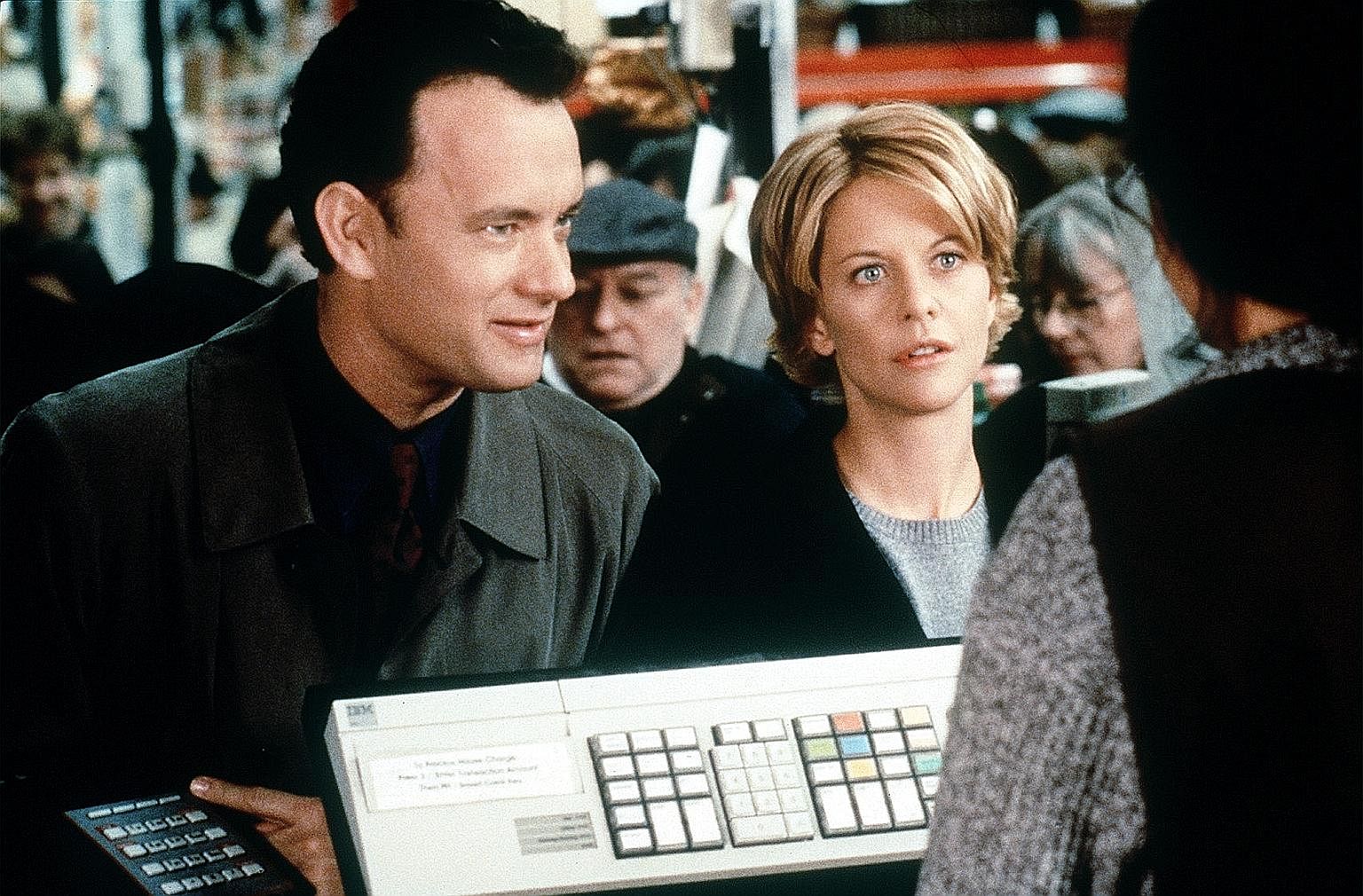Here's what would have been a useful Christmas gift: a gadget that translates my most fleeting and nascent thoughts into writing before they fade away. Something capable of articulating my incoherence.
As far as I know, no such device exists. So I've settled on the next best thing: resolving, in the new year, to be more precise whenever I speak and write.
During the festive slowdown, I found time to mull over some of life's most pressing questions: Why is the NS6 station missing from the North-South Line? When a smartphone falls into the platform gap, is it lost for ever? If uncles are avuncular, what do we call a woman who behaves like an aunt?
(It turns out that there is, indeed, a word for an aunt-like woman: "Materteral", which calls to mind a mother turtle with folds of baggy skin shuffling along the beach.)
During these ruminations, my thoughts circled back, time and time again, to the topics of discipline and integrity.
How does a person stay true to herself, and remain intellectually honest - saying what she means and meaning just what she says?
I've never been big on New Year's resolutions, and find it hard enough to recall what mine are, let alone keep them.

Self-help coaches will tell you that this is because my goals were not small or specific enough.
Which is why I have decided to avoid using just one word this year: "Nice".
"Nice" is one of those fuzzy words you use when you want to suggest that something or someone is generally quite pleasant, without being able to commit to a more precise adjective.

It's worse than calling something "interesting", and a sign that the speaker is being insincere, lazy - or worse, indifferent.
There are exceptions: irony, sarcasm,or situations where the idea of niceness is placed under some scrutiny.
For example, after meeting a friend's less-than-stellar boyfriend for the first time, you might tell her: "He seems nice."
One problem I have with "nice" is how disingenuous it sounds, even when it is supposed to be a compliment.
I flinch inwardly whenever someone calls me "nice", even though I am guilty of overusing the word myself.
Using "nice", the blandest of adjectives, to describe someone, is akin to saying that they don't have much of a personality.
These days, "nice girl" has become synonymous with "Plain Jane". There's also the much-discussed "curse" of being a "nice guy".
And who's to say that nice people are really nice? What does it even mean to be truly nice? A person can be genuinely good, but when do you hear anyone speak of genuine niceness?
"Nice" comes from the Latin word "nescius", meaning "ignorant", and also had the sense of "coy" or "reserved".
There is something apt about this: A person seems pleasant because there is something about him that others do not know. Until proven otherwise, he belongs to that broad category of those who are at least superficially pleasant - in other words, "nice people".
Niceness is the passive-aggressive person's weapon of choice. "That's nice" is often a barely civil way of saying for "I couldn't care less", or "end of conversation".
"Have a nice day", coming from an irate store attendant or an angsty Bon Jovi, is that final twist of the knife, wounding without leaving a mess.
Entwined with the idea of niceness is that of keeping one's distance - "Have a nice day", for instance, can seem neurotically upbeat, almost as transactional as an over-the-counter purchase.
One early episode of The Big Bang Theory pokes fun at such well-wishing. Physicist Leonard Hofstadter tells his mother to have a nice flight, only to have her reply with characteristic disdain: "That's not really in my control, is it?"
The world would be a ghastly place if it were filled with people who were exacting to a fault, unable to appreciate the goodwill in trite but sincere expressions.
Fluffy niceties have their uses: sometimes we need a social buffer when we deal with people we don't wish to get more familiar with.
And as Tom Hanks' character in the 1998 romantic comedy You've Got Mail puts it: "I must warn you that when you finally have the pleasure of saying the thing you mean to say at the moment you mean to say it, remorse inevitably follows."
But resolutions are resolutions, and my policy in the new year shall be this: I won't object if I hear others using the word "nice", but I will - and this column is the final exorcism - avoid the label whenever I can.
As I grapple with new ways of describing the world around me, this will hopefully push me to dig deeper and see people and things in all their complexity.
My name is Wen Li and I'm not a "nice" person. Neither, I'm willing to bet, are you.
•#opinionoftheday is a column for younger writers in the newsroom to write about issues that matter to them and their peers.

